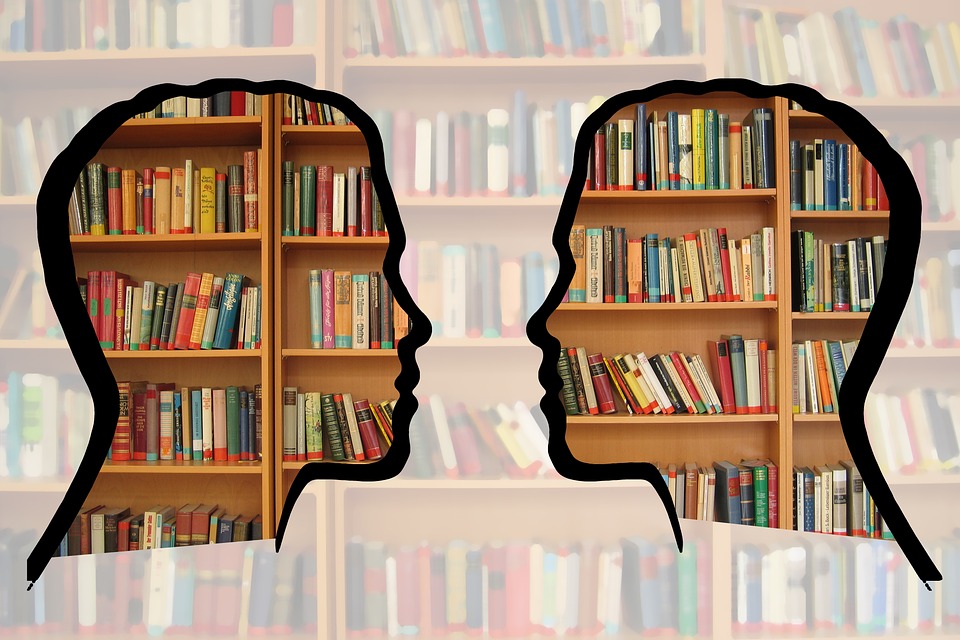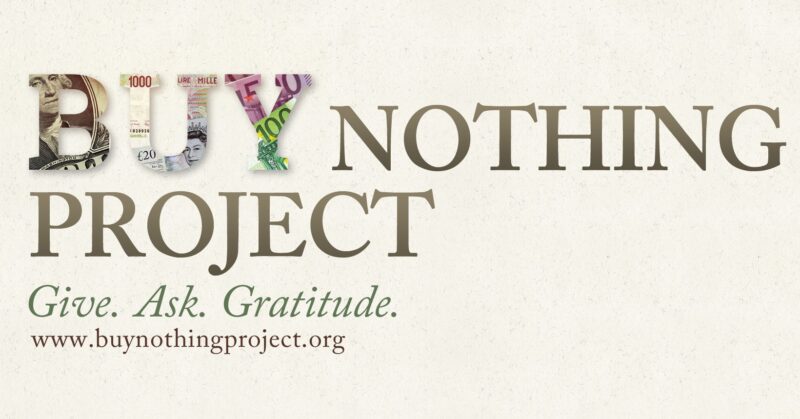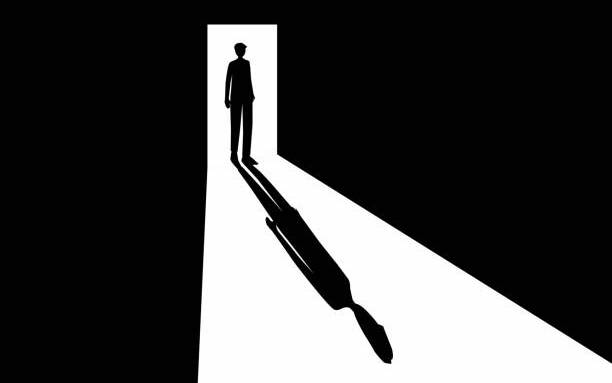“Books in the Living Library aren’t books at all … instead, they are living, breathing men and women from groups that are frequently targets of stereotypes and prejudice,” according to psychology professor Vivian McCann. Although this library was created way back in 2000 in Denmark, I had never heard of it before. I found the existence of such a library to be quite intriguing, as its mission was to reduce violence toward immigrants and refugees through human “books.” The knowledge of its existence was new, but I have been embracing its concept for years. I believe that all you may need is time spent with someone to find out that they are more like you than you think.
I decided to “check out a book.” The “book” I pulled from the Living Library is named Jamal, who works at a bodega in my former neighborhood. (The store clerk referred to him as Jimmy.) I thought of him because I remember him once suggesting that I read the Quran. In all honesty, I was a little intimidated about getting the conversation started. The store was busy when I first came in. I ordered a breakfast sandwich and coffee. A while after, I saw that things had slowed down. All that was left for me to do was put one foot in front of the other and open my mouth. My feet and mouth did not fail me.
Jamal did not disappoint me. He told me that I could ask anything. Although I walked into the store with the intention of asking only two questions, I ended up asking him several. The first two were: 1) How were you first introduced to your Muslim faith? 2) What positive aspects of your faith would you like to share?
Two additional questions were added during the interview process, each triggered by something Jamal said when answering one of the first two questions: 1) Do you own the store? 2) Do Muslims believe in heaven and hell?
Jamal is a father of five and has been married for over 20 years. It turns out that Jamal owns the store. I had assumed that he was a store clerk. Because of his religion, not only does he abstain from drinking, but he also chooses not to sell alcoholic beverages. He was introduced to the Muslim faith from childhood, seemingly as part of his upbringing.
Jamal explained that being Muslim means “to submit to God’s will.” He said the Islamic faith began with Adam and Eve. Muslims pray five times a day for five minutes with their faces to the ground and believe in heaven and hell. Which place a person will go depends on how that person lived here on earth. This life is a test, and you will be judged for your actions after death.
Good human relations start with effective communication. In this case, effective communication was by way of an insightful interview. I enjoyed interviewing Jamal, and I am quite sure that Jamal enjoyed being interviewed. During our discussion, he stated, “What we do here on earth is recorded, even the conversation that we are having right now. It will be recorded that I am telling you the truth. I cannot say to you that you must be a Muslim. I can only tell you the truth. That is my only responsibility.”
Our conversation confirmed to me that there are parallels in our differing religions. As a Christian, my question is not so much what religion do you follow but more what do you do with the “religion” you have. Put another way, how do you live your life based on the religion you practice?





